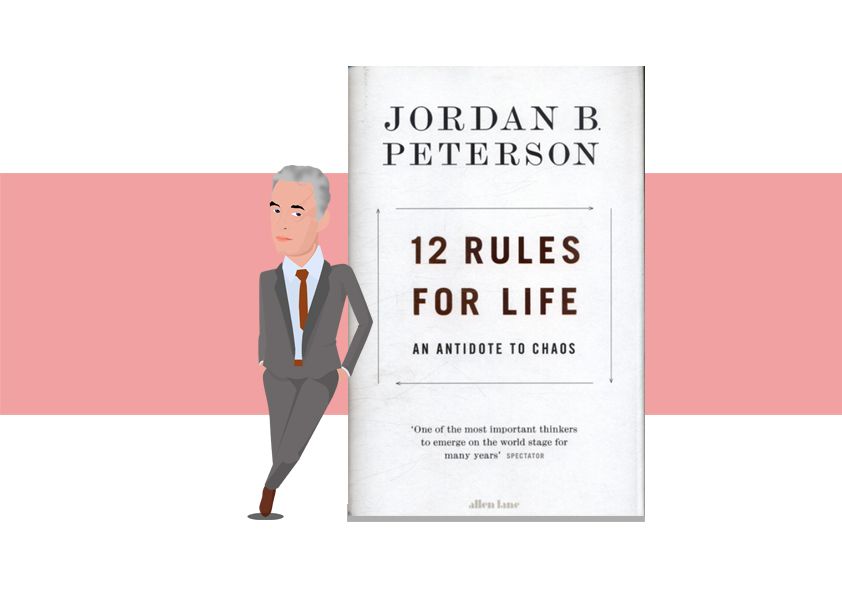The Canadian psychology professor, author and YouTube personality Dr. Jordan B Peterson rose to fame in September of 2016 when he opposed his government’s Bill C-16 and found himself in the middle of a controversy. Viewers flocked to his YouTube channel where his university lectures, immensely popular among his students suddenly became this pop-culture-subset sensation. Many who had come for the politics stayed for the lectures. Peterson’s popularity has only grown since. His YouTube channel with 2 million subscribers, lectures, …
On The Good ProfessorRead More »
Interested in non-clickbait content? Become a member today.
You'll get access to:
- All content
- Comic Books
- Personalized cartoons
- Member credits in our videos and much more!
Become a member
Already a member? Log In
